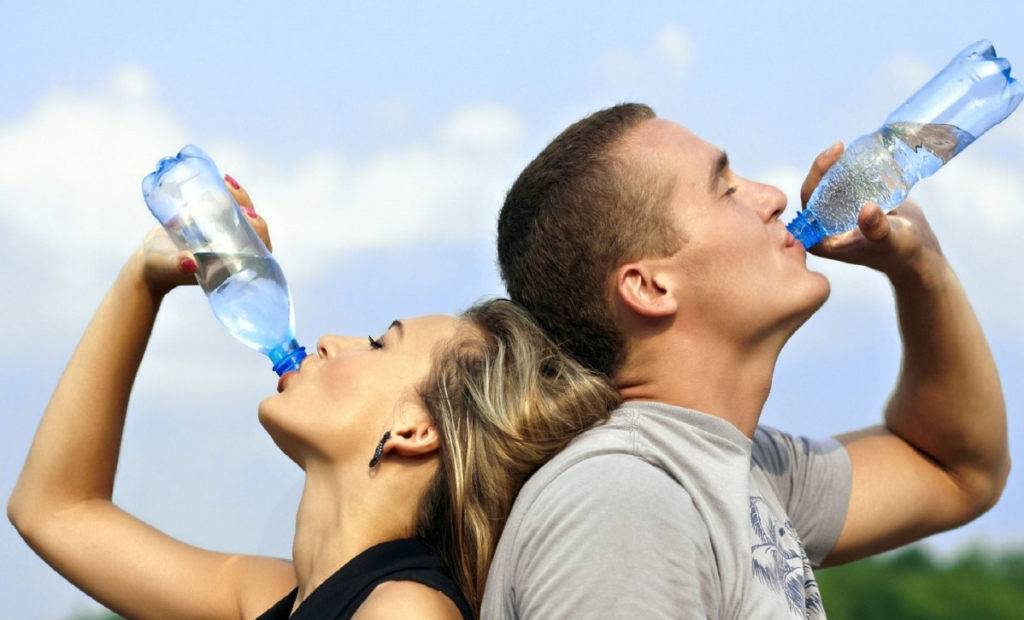Discover the Link between Dehydration and Foot Pain

It’s well known that proper hydration leads to optimal health and that dehydration can cause many issues in the body. However, you might not know or consider the way that hydration or a lack thereof can affect your feet. Read on to learn more about how hydration and foot pain correlate:
Does Dehydration Affect The Feet?
In short, yes, it can. Dehydration can and does affect your feet. Although not often thought of as a byproduct of poor hydration, there are several foot problems that can either be caused by or exacerbated by dehydration.
Common Foot Pain From Dehydration
The following are the most common problems associated with not drinking the proper amount of water on a daily basis when it comes to foot issues:
-
Gout
- This condition is the result of an excessive buildup of uric acid within the joints. As you might expect, proper hydration helps to flush the uric acid. This, in turn, will decrease the pain you are experiencing associated with this condition.
-
Arthritis
- This condition can arise from a variety of causes. However, it can be made worse by improper hydration. In fact, it’s vital in a fight against arthritis that you ensure your body’s joints and connective tissues have the right amount of water. Pain and other issues can arise when water is depleted from these areas.
-
Cramps and Spasms
- Although less severe in nature than either arthritis or gout, cramps and spasms within the feet can still be pretty uncomfortable, even altering a person’s ability to walk properly or waking them in the middle of the night in pain. The right amount of hydration will ensure that the feet stay well hydrated and don’t cramp or spasm due to dehydration.
Link Between Hydration and Joint Pain
Doctors recommend most adults drink at least eight 8-ounce glasses of water or two liters or a half gallon. This is the amount of water our bodies need to function optimally. After all, the human body is composed of 60% water, so all the organs and connective fibers in the body require proper hydration to work as they should. This is especially true within the joint areas where water makes up the lubrication of joints and helps to flush out toxins in the area. If a person is dehydrated, their body will tend to pull water from the joint areas as well as other areas in the body and redistribute it to vital organs. This can leave the joints depleted of water, which can result in both joint inflammation and pain.
Signs That You Don’t Drink Enough Water
If you aren’t sure you are getting enough hydration daily for your body to function as it should, consider how much water you are currently drinking. Is it close to what is recommended? It’s also a good idea to hydrate with water-rich foods, which help your body achieve proper hydration. Look for the following signs that your body is currently suffering from dehydration. If you recognize any of the following symptoms, take a good look at your current hydration habits.
- Dry skin, headaches, chapped lips, constipation.
- Chronic soreness and stiffness and arthritis.
- Urine that is dark.
- Brittle toenails or a change in the color of your toenails.
Your Next Step: Contact a Podiatrist For Foot Pain
Regardless of the cause of your foot pain, if you find yourself struggling with feet that just don’t feel right or are causing you pain in any way, contact a podiatrist at your earliest convenience. They are experts and foot-related issues and can diagnose the problem and get you back to living a healthy, active life as soon as possible.
You Might Also Enjoy: Can Flip-Flops Cause Foot Pain?
